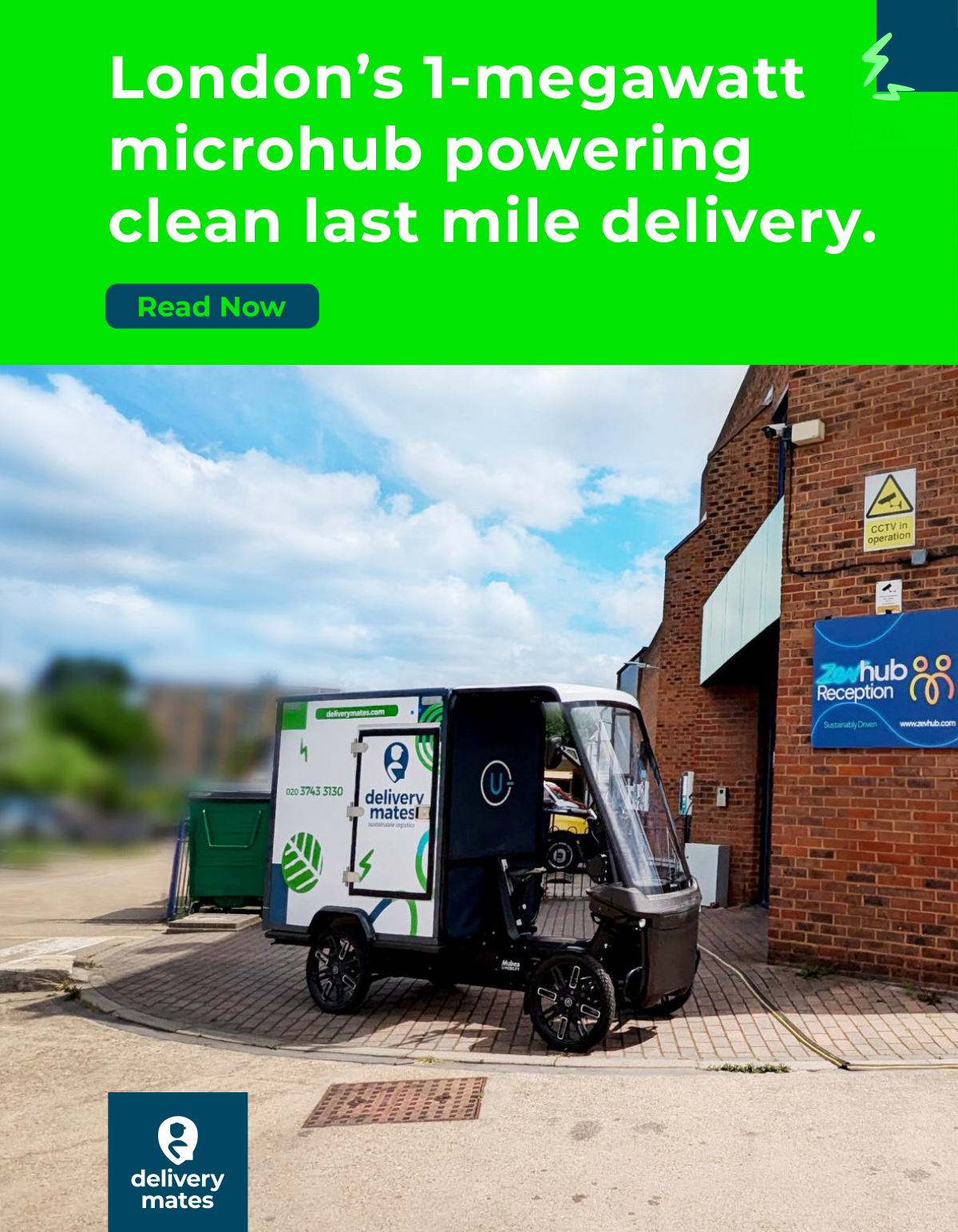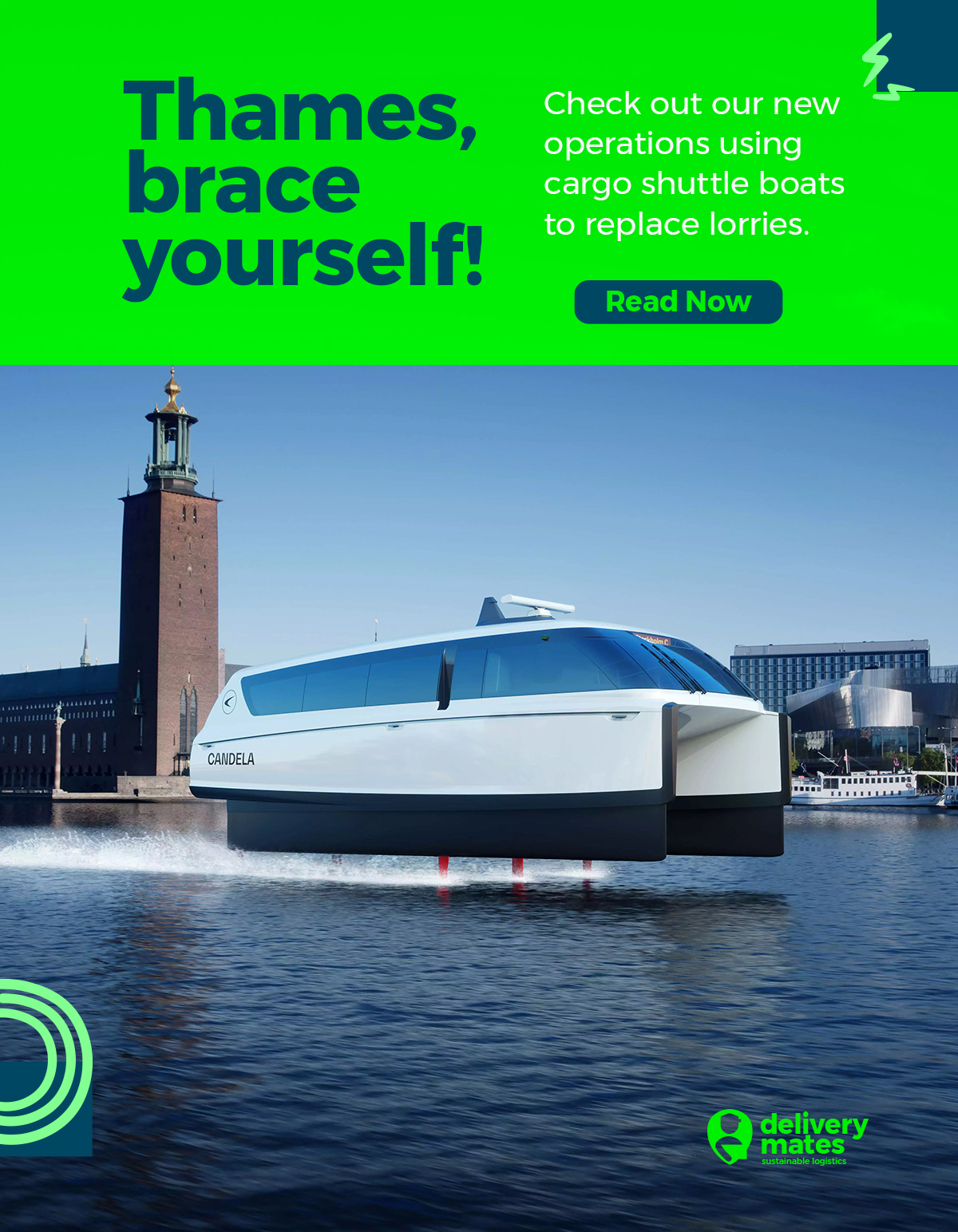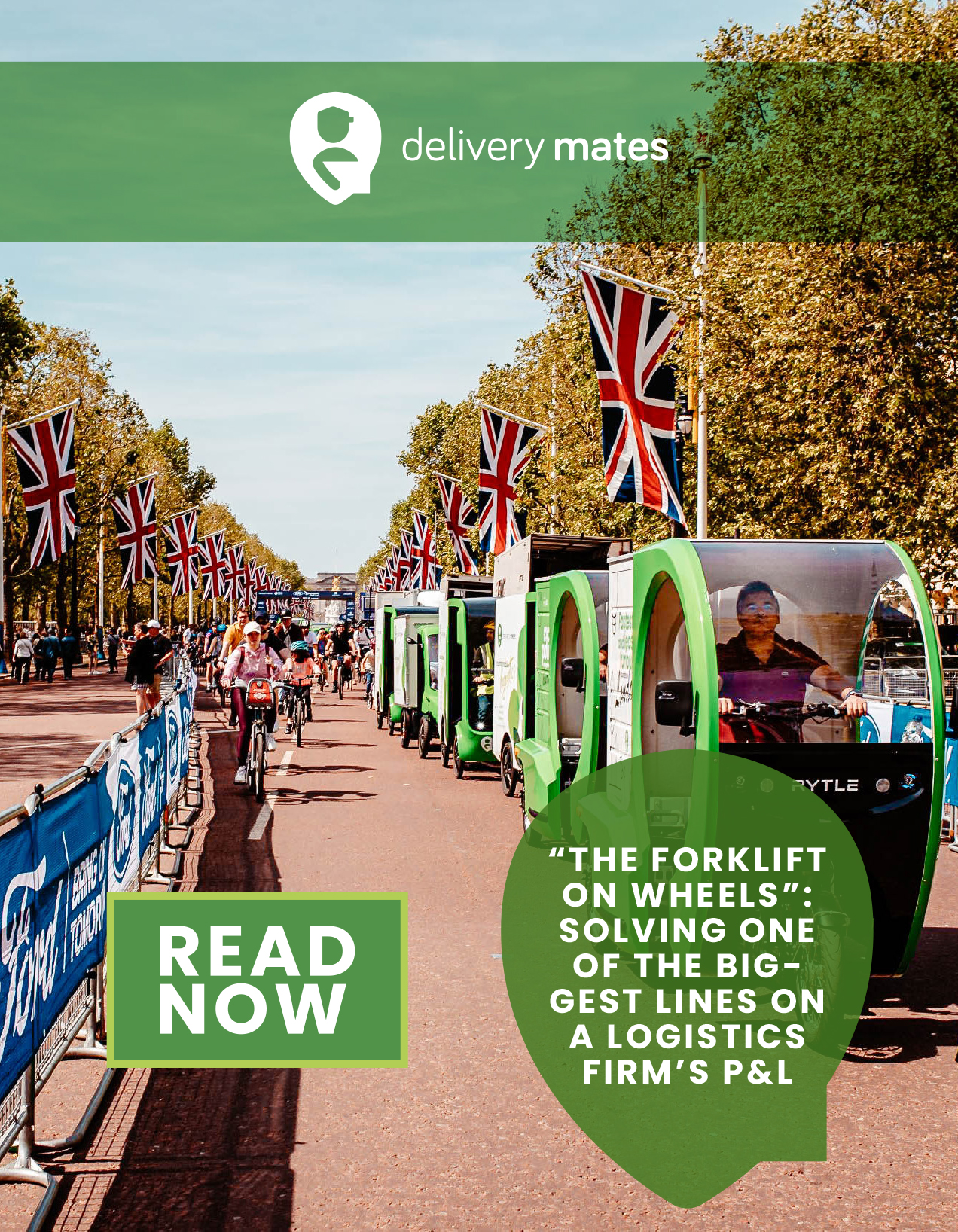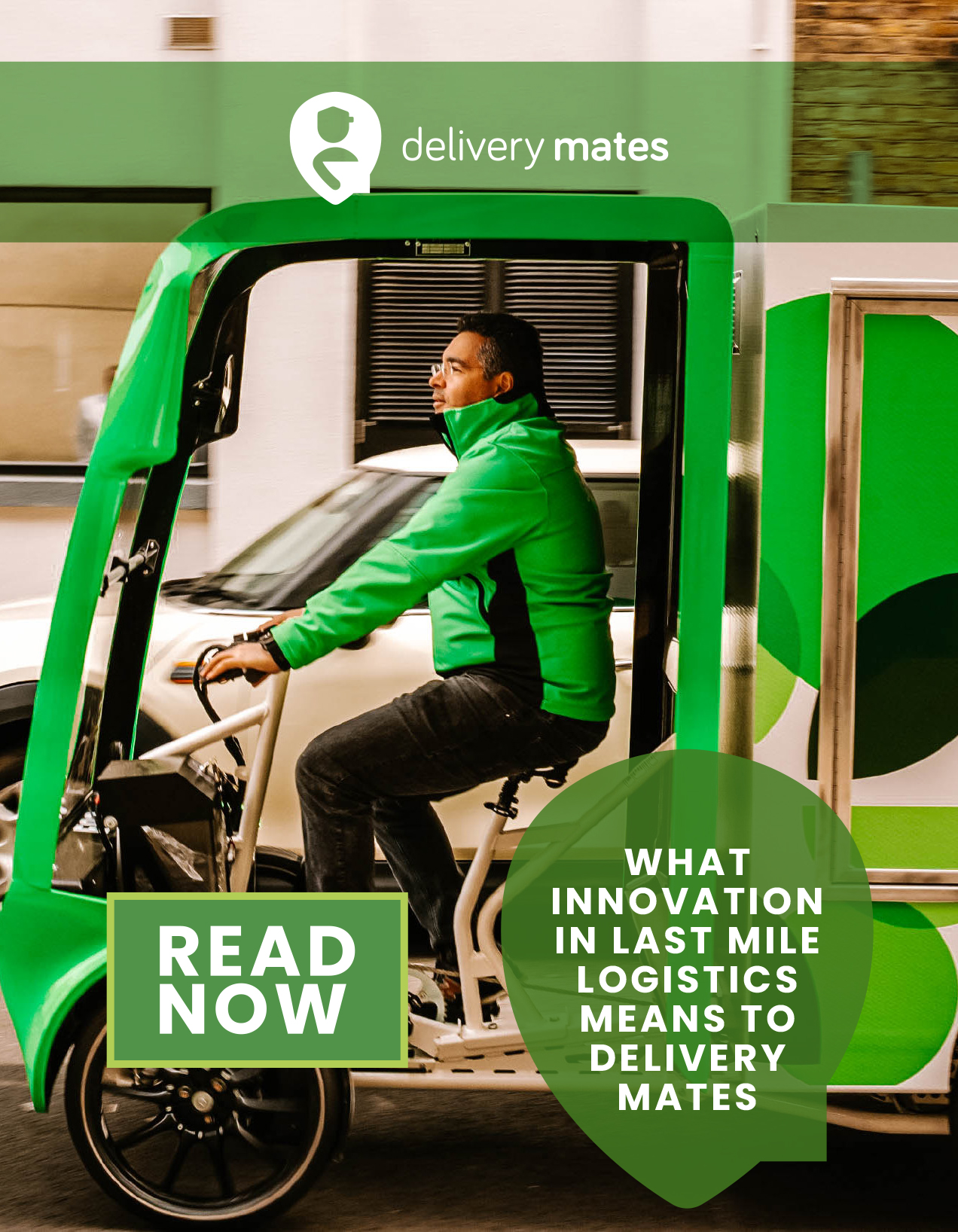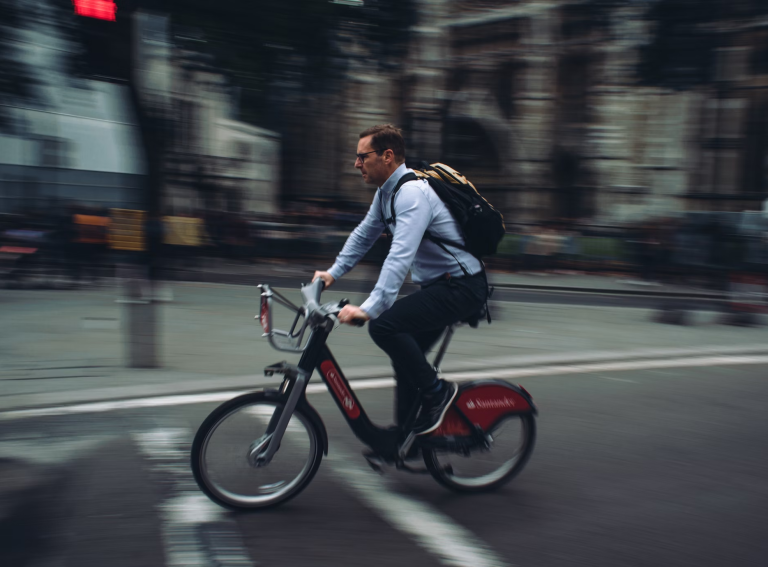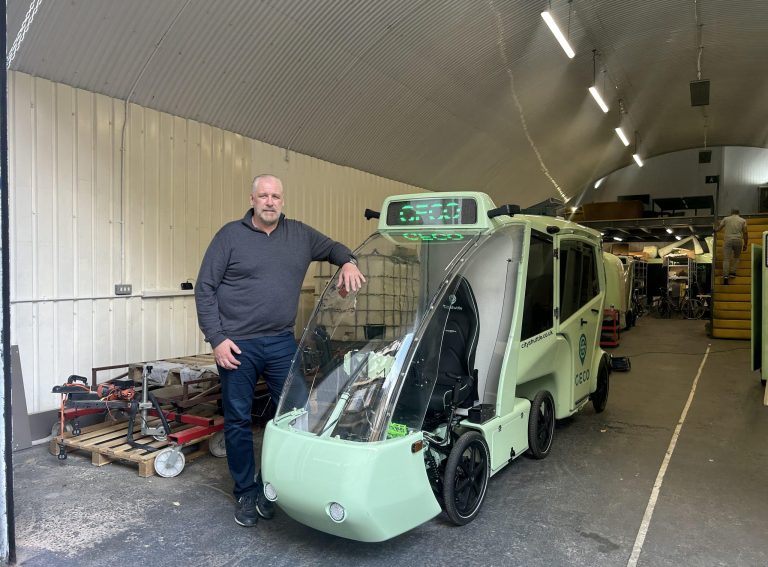There are big variations in the cost of hiring e-scooters across England’s trial areas. That’s not surprising, given the number of different micromobility operators and town sizes in play. What is more surprising is what happens when we compare all pricing models.
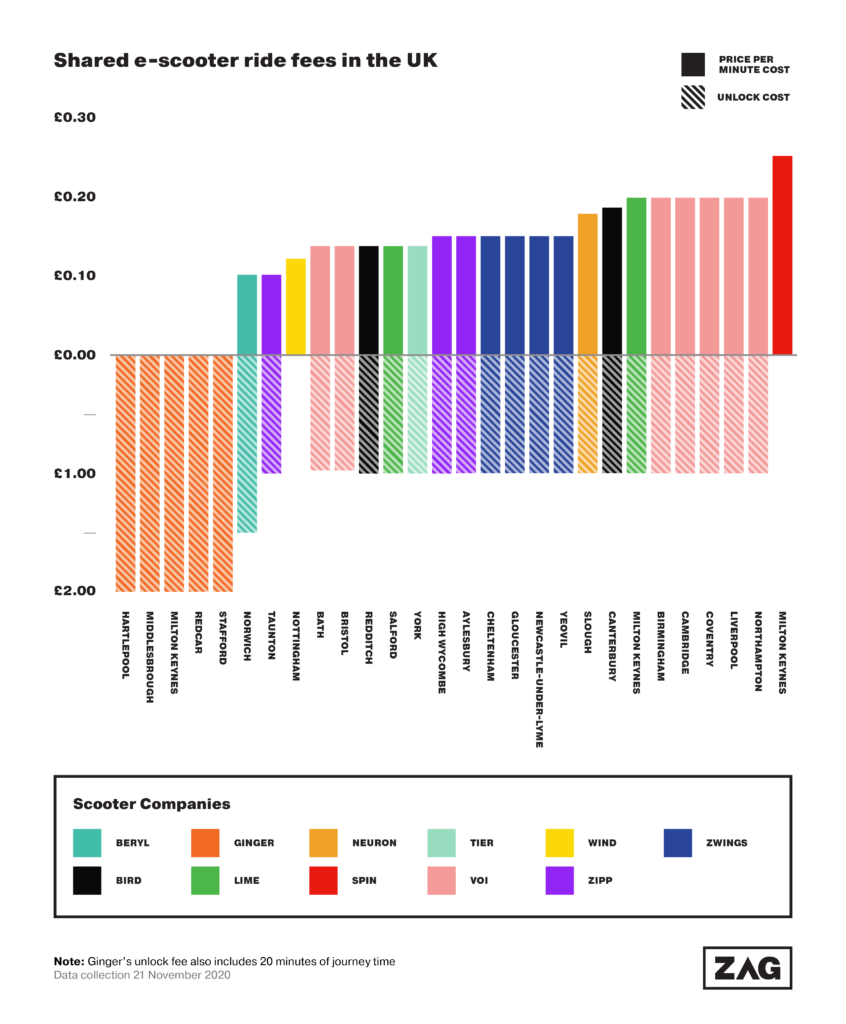
(We should note first that this article refers specifically to short-term, on-street rentals. In some trial areas, riders can rent a scooter month-by-month for an entire year; we’ll address this at another time.)
With per-minute ride fees varying from 10p/min to 25p/min, and unlock fees ranging from free to £2, it can be hard to get a sense of what the real-world costs would be to a rider. We’ve calculated unlock fees and per-minute charges over a sample 15min journey to give a fairer picture of the true cost of scooting around.
The cheapest place in England for such a trip is in Nottingham. There, Wind levies no unlock fee and one of the most affordable per-minute ride costs in the country, at just 12p. That means a rider can scoot for 15mins (enough time to travel right across the city if you’re lucky with the lights) for £1.80.
Ginger’s five operations – in Stafford, Middlesbrough, Hartlepool, Redcar and Milton Keynes – are nearly as affordable as Nottingham but the pricing structure is very different. In those towns, journeys of up to 20mins cost £2 with no unlock fees. But the Ginger cost is a flat fee – that is, a rider has to pay the £2 whether they are using the scooter for two minutes or the full 20. And Ginger journeys do require finishing in one of a limited number of parking hubs, rather than right outside your planned destination, which may result in a longer journey than required using another operator, were one available.
By contrast, Voi’s operations in Northampton, Liverpool, Birmingham and Cambridge cost as much as 20p/min – and that’s on top of a £1 unlock fee. So while your 15mins might get you a decent way across those large city centres, it will cost you £4 to do so. The company does have a temporary promotion in Bath and Bristol, where the per-minute charge reduced to a more wallet-friendly 14p.
The UK’s only urban area with multiple e-scooter operators vying for your custom and your money, Milton Keynes, has our sample 15min journey varying from £2 with Ginger, to £3.75 with Spin, and £4 with Lime.
Of all the operators, only Spin and Wind do not charge an unlock fee. Most are set at around £1, with the notable exceptions being the aforementioned Ginger (though 20mins of ride time is included) and Beryl, which is very steep at £1.50.
Does this mean the operators are making huge profits? Some simple multiplication shows that, at a conservative estimate of 3jvd (journeys per vehicle per day) at 15mins/journey, a single scooter in Voi’s Northampton fleet would return some £4,380/year to the company. That fleet is up to around 420 scooters now; simple maths says this fleet alone, then, could make the company £1.8m over the course of a year.
That’s turnover, of course, and never perhaps has the saying applied more than here: “Turnover is vanity; profit is sanity.” Micromobility operators must pay for the scooters themselves, for warehousing, for recharging, and for the staff to make everything work. Then there’s research and development to consider for new hardware and software, waste disposal, sustainability initiatives, city liaison, rider education and communications and much more. And although a bigger fleet requires a bigger (and therefore more costly) operation to keep rolling, Zipp’s fleet of 25 scooters in Aylesbury, for example, would turn over just £109,000 over a year, and that’s if ridership remains consistent all year round. That’s unlikely to make many millionaires.
Moreover, we’ve seen lots of discount schemes introduced by operators over the past few months, including free rides for key workers and huge discounts for low-income groups. So not every scooter or every ride will be making the operators decent income.
Still, there is strong potential for these private businesses to make a tidy sum, which is why investors are flocking. Financial sustainability is, of course, critical to the long-term viability of any non-subsidised transport company. However, local authorities running trials should carefully consider the balance between ensuring operators can make enough profit to stick around and ensuring the service is affordable for local residents.
London’s newly-published e-scooter trial tender calls for new approaches to pricing to prevent mad dashes across city centres, which is where a model like Ginger’s or a per-mile rate may instead feature.
Watch this space.
Additional reporting by Ross Ringham.
–
Updated on 22 November 2020 to include Canterbury.

